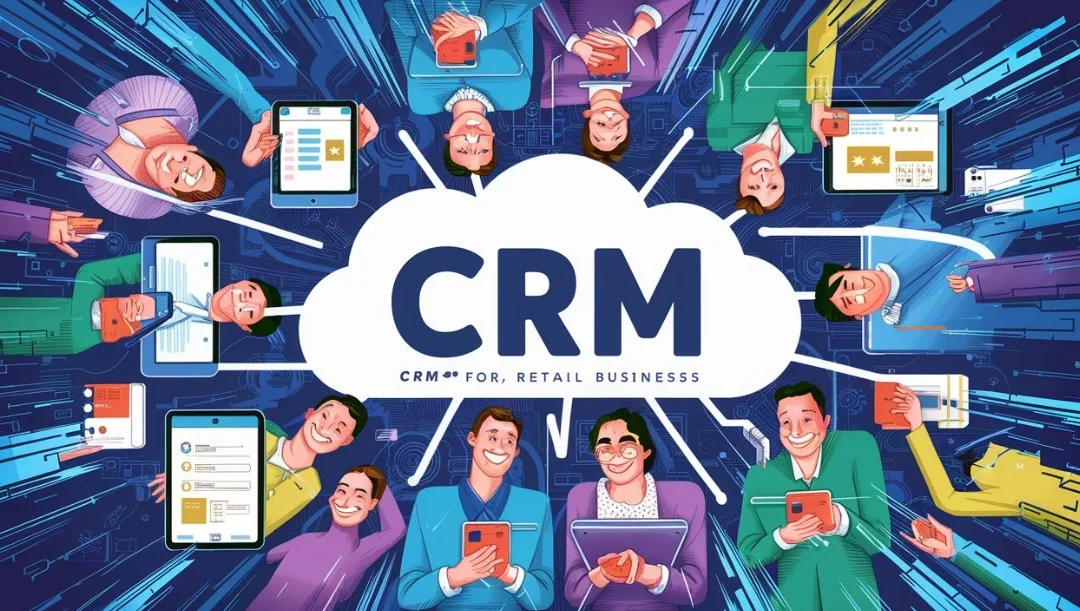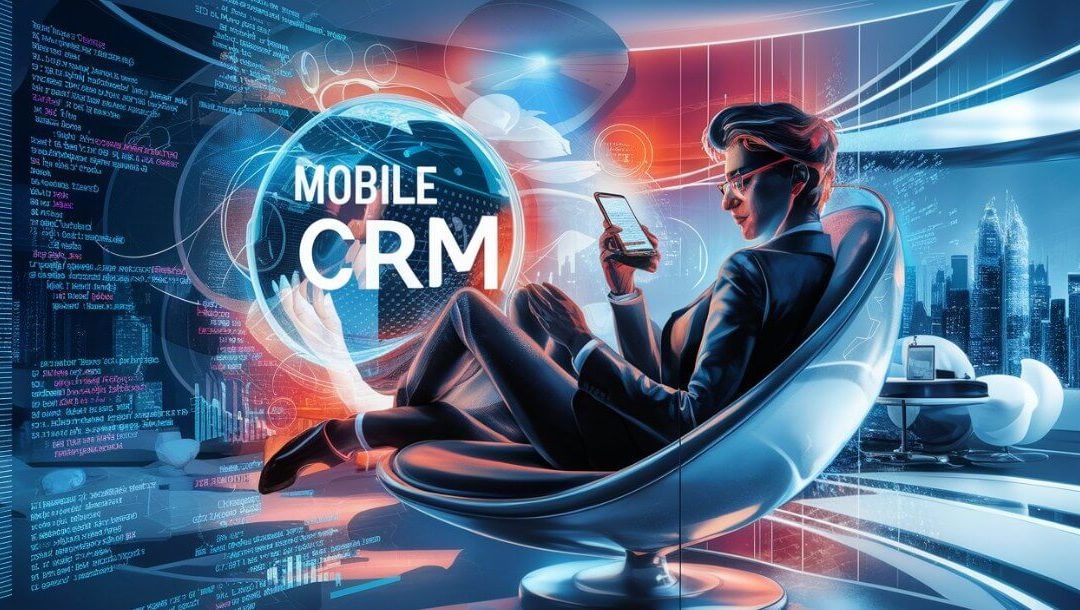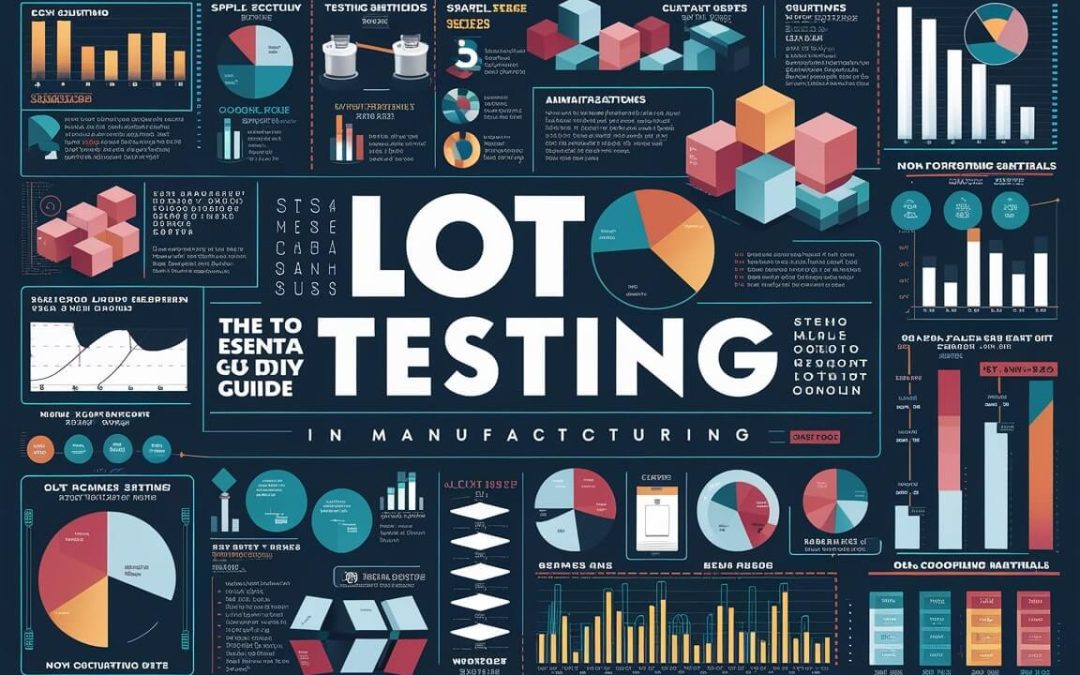What is Disruptive Technology

Image Source – https://www.wallstreetmojo.com/
A digital disruptor is a company that uses new tech to change up old industries. These companies find brand-new ways to solve problems, making the normal ways of doing things outdated.
Understand why disruption matters and its role in driving innovation and progress.
Digital disruption doesn’t just slightly improve on past approaches. They come in with totally transformative ideas and tech that turns an entire sector on its head.
Their bold visions and fundamentally different solutions threaten to displace longtime industry leaders.
This digital disruption challenged the conventional players who failed to adapt quickly enough.
Suddenly incumbent companies were scrambling as customers flocked to the Silicon Valley insurgents.
Find out how top disruptive technologies are challenging established norms and revolutionizing markets.
Why is Digital Disruptive Important?
While disruption may cause short-term chaos, these pioneering companies drive crucial innovation and progress across industries in the long run.
They introduce novel technologies that redefine what’s possible and raise consumer expectations.
Learn from the success stories of top disruptive companies and their strategies for growth.
By questioning long-held assumptions and constraints, digital disruption helps society reimagine seemingly stagnant sectors in totally new ways.
They apply an innovative mindset to big problems that incumbents overlooked or ignored.
Beyond just technology impacts, Top disruptive technologies can positively influence societal shifts in areas like sustainability, accessibility, worker rights, and more.
So while digital disruption may initially destabilize, it ultimately breeds digital transformation solutions that improve lives and water human advancements.
That’s why the world’s top disruptive in any given year are always major forces to watch.
Also, discover the key challenges disruptive companies face and how they overcome them.
Top 10 Digital Disruptive Companies in 2024
Discover the top disruptive technologies reshaping industries around the globe.
1) Neuralink (Brain-Computer Interface)

Image Source – https://www.linkedin.com/
Neuralink is pushing the boundaries of what many thought was still science fiction – merging human brains with artificial intelligence.
Their implantable brain-computer interface (BCI) devices aim to allow people to control computers and mobile devices directly with their thoughts.
But the potential doesn’t stop at superseding traditional inputs like mice and keyboards.
Neuralink’s long-term vision is to help individuals with paralysis regain mobility and independence through their BCI’s ability to read neuronal signals.
It may even eventually unlock new cognitive and creative abilities by enhancing natural human intelligence.
The startup has made rapid strides in refining its BCI device which consists of an implantable, FDA-approved chip and thousands of hair-thin electrodes that can monitor neuron activity.
Their specialized robotic system can carefully implant these electrodes into the brain with enhanced precision.
With accelerating technical progress, they aim to begin human trials for more advanced applications soon.
Celebrate the achievements of top disruptive companies and their impact on society.
2) Anthropic (Artificial General Intelligence)

While many tech giants are racing to build ever-larger language models, Anthropic has uniquely focused on developing artificial general intelligence (AGI) with robust reasoning abilities akin to the human mind.
Their novel approach trains AI systems to engage in responsive, open-ended dialogue while maintaining consistent persona traits and context-awareness across conversations.
This is a key stepping stone toward AGI that can fluidly adapt its intelligence to any situation.
- Anthropic’s first major milestone was Claude – a conversational AI assistant that demonstrates human-like directional prompting, task learning, and multi-modal knowledge integration.
- It can tackle everything from coding to creative writing while drawing insights across its broad knowledge base.
- The company has since unveiled more advanced AGI models capable of analyzing complex reasoning tasks, providing substantiated opinions, and articulating intricate concepts with nuance.
As the training data and models scale up, Anthropic believes reliably safe and ethical AGI may soon become viable.
From Silicon Valley startups to global giants, meet the top disruptive companies shaping the future.
3) Vitalic (Personalized Nutrition and Longevity)

With roots in genetics research, computational biology, and longevity science, Vitalic is pioneering truly personalized nutrition and health optimization tailored precisely to each individual’s DNA, physiology, and goals.
Their powerful AI systems ingest massive genomic datasets, scientific studies, and personal biosensor data to continually analyze an individual’s unique aging patterns, disease markers, nutrient deficiencies, and more.
Vitalic’s algorithms then dynamically formulate nutrition plans, supplement regimens, lifestyle recommendations, and treatment plans optimized to extend human healthspan and lifespan.
Also, look at the different Types of Disruptive Companies.
Each recommendation aligns to promote their body’s longevity at a deep molecular level.
Early clinical trials suggest Vitalic’s precision preventative approach could significantly reduce risks of age-related diseases like cancer, dementia, and diabetes.
The company aims to ultimately double the human health span.
Explore how the real-world disruptors are transforming markets and changing lives.
4) Proteum (Synthetic Protein Manufacturing)

Leveraging advances in synthetic biology, Proteum can brew practically any kind of protein at scale using microbial manufacturing.
Their key innovation was a synthetic bioengineering process that implants tailor-made DNA sequences into efficient microbial host cells.
When fed simple biomass inputs, these cells quickly clone and churn out desired proteins in large fermentation vats.
Proteum can manufacture milk proteins for dairy alternatives, egg whites for meat substitutes, bioactive enzymes, leather proteins, or any other specialty biochemical using their flexible microbial factories.
They’ve already created partnerships across food, apparel, cosmetics, therapeutics, and more industries reliant on these biomolecules.
From inception to growth, a case study of a digital disruptive company showcases the journey of disruptive innovation in action.
5) Aura Aerospace (Space Debris Removal)

Earth’s orbital paths have become increasingly hazardous over decades of accumulated space junk like defunct satellites, rocket parts, and miscellaneous debris left careening around at deadly speeds.
Aura Aerospace’s novel solution is developing orbital transfer vehicles that can remove this orbital debris safely and efficiently.
Their space tugs use cutting-edge ion propulsion and navigation systems to grapple or net hazardous objects and guide them into the atmosphere to burn up.
What makes Aura’s approach a Top disruptive technology is its rapid launch cadence and scalability.
While most space companies focus on building individual large satellites, Aura manufactures compact, mass-produced tugs capable of engaging multiple targets per payload.
Their services provide a sustainable pathway for continued space industrialization without creating perpetual orbital waste zones.
Aura is partnering with regulatory bodies to create official space debris policies and coordinated removal programs to keep Earth’s orbits viable for future generations.
Learn how to navigate the challenges of being real-world disruptors and drive positive change.
6) Quantiam (Quantum Computing Solutions)

Quantum computers capable of solving problems exponentially faster than classical machines have remained mostly theoretical for decades.
That is until Quantum took the lead in commercializing quantum computing as a turnkey cloud solution.
Leveraging their proprietary trapped ion technology, Quantum has engineered powerful, yet compact and mass-producible quantum processors that can be seamlessly integrated into server farms and data centers.
This has allowed them to offer quantum computing speeds as an affordable subscription service for any business seeking to turbocharge applications like AI training, drug discovery, financial modeling, logistics routing, and more.
Quantum handles all the complex backend quantum controls and orchestration.
Explore how these real-world disruptors are transforming markets and changing lives.
7) Helion Energy (Fusion Power Generation)

Helion Energy spearheaded the push for compact, low-cost yet incredibly powerful fusion reactors capable of safely generating clean, virtually unlimited baseload energy with zero emissions or radioactive waste.
Through multiple scientific breakthroughs, Helion overcame the traditional challenges of achieving the extreme temperatures and confinement needed to fuse heavy hydrogen isotopes into heavier helium ions.
Their reactors use powerful magnetic fields to insulate superhot plasma within a contained reaction chamber.
The resulting fusion reaction releases tremendous heat energy which can generate clean electricity or produce process heat for industrial applications.
With technological hurdles overcome, Helion aims to bring their micro fusion reactors to market for centralized power generation as well as remote locations by 2024.
From market entry to market dominance, a case study of a digital disruptive company provides a roadmap for navigating the complexities of disruption.
8) Mobius Materials (Infinitely Recyclable Plastics)

Conventional polymers’ frustrating limitation fuels our global plastic pollution crisis – they can only be downcycled into lower-grade materials eventually destined for landfills and waterways.
But Mobius Materials has developed infinitely and perpetually recyclable polymers.
Leveraging novel chemical recycling techniques, Mobius can continuously break down and reassemble their proprietary polymers over and over into their original virgin-quality resins to make new products.
This closed-loop recycling circumvents the downcycling issue plaguing linear plastics.
Companies can recapture and reuse their plastic waste streams indefinitely instead of extracting new fossil feedstocks.
Major consumer brands have already begun incorporating Mobius’ chemically recyclable materials into packaging and consumer goods as a plastic waste solution.
In the long term, the startup aims to displace the most environmentally damaging single-use and non-recyclable plastics across multiple industries.
Explore the future with disruptors and their potential to reshape industries and economies.
9) Mycorics (Fungal-Based Construction Materials)

While human civilization has relied on materials like concrete, steel, and wood for building for ages, these growing industries have become environmentally unsustainable and a major emissions source.
- Mycorics instead manufactures a truly revolutionary class of building and construction materials grown from mushroom mycelium.
- By leveraging the inherent properties of these fungal root structures, Mycorics can grow lightweight yet incredibly strong and fire-resistant boards, bricks, and insulation materials using just agricultural waste products as feedstock.
- This achieves many of the benefits of materials like concrete, wood, and foam insulation but through a completely sustainable biological manufacturing process.
- Their core product called “Myco-Crete” starts by inoculating a mix of mushroom spores into a mold filled with plant matter like corn stalks or hemp husks.
- As the mycelium roots spread and bind everything together, they are heated and dehydrated once fully grown to create a solid rigid block with structural integrity.
- Compared to traditional concrete, the Myco-Crete production process requires far less energy, generates barely any emissions, and creates a fully biodegradable end product from waste materials.
Over time, Mycorics aims to replace massively wasteful legacy industries steadily.
10) Hydrobio (Atmospheric Water Harvesting)

Image Source – https://www.researchgate.net/
Even as climate change disrupts global water cycles leading to rising droughts and depleted aquifers in many regions, Hydrobio possesses a disruptive solution to ensure universal drinking water access – harvesting moisture straight from the air itself using specialized polymers.
- Their core technology revolves around a hygroscopic biomaterial derived from seed proteins that naturally absorbs water vapor from ambient air much more efficiently than conventional desiccants like silica gel.
- This “moisture crop” can then be collected and filtered into potable water sources.
- Hydrobio’s atmospheric water harvesting systems can be configured at various scales, from decentralized units for homes and offices to massive solar-powered farm installations that continually produce thousands of liters of clean drinking water per day.
- Because their harvesting material regenerates with just low-grade heat and minimal energy, Hydrobio’s systems can operate in a renewable, off-grid manner powered by wind or solar sources alone.
- This makes them viable even in remote, arid locations.
- After extensive pilot testing, Hydrobio is poised to scale its infrastructure to water-stressed regions around the globe.
- Their technology ensures affordable, distributed water self-sufficiency no matter how supplies get disrupted by drought or contamination.
- It could ultimately prove more sustainable than overexploiting limited freshwater reserves.
The Future of Digital Disruption
The future with disruptors is filled with possibilities, as innovative companies continue to push the boundaries of what’s possible and redefine industries.
As exponential technologies like AI development services, biotech, and quantum computing continue advancing in synergy, we’ll likely see even more highly convergent and transformative companies emerge to spark positive disruption.
The organizations showcased here provide only a glimpse of what is possible at the cutting-edge intersections of traditionally segregated fields.
Disruptive innovation will only accelerate from this point forward.
No industry or sector will be too big, complex, or deeply rooted to escape being vigorously shaken and reshaped for the better.
Those with grand visions of making the world more sustainable, secure, and extraordinary will be the disruptive leading the charge.
Which field do you believe is due for a shake-up, and how do you anticipate technology playing a role in driving change?
FAQs
1) How do these game-changing companies influence the big players already out there?
These innovators push big, established businesses by coming up with groundbreaking ideas and technologies that might take away their customers and sales if those established businesses don’t evolve too.
2) Why is shaking things up digitally a good thing?
When companies create things with digital innovation, it can make services faster, cheaper, and better for everyone.
It encourages more creativity and competition which leads to benefits all around.
3) How can businesses get ready for digital changes?
Businesses can stay ahead by being flexible, welcoming new tech with open arms, promoting creative thinking, and always being ready to adjust to new trends in the market.





